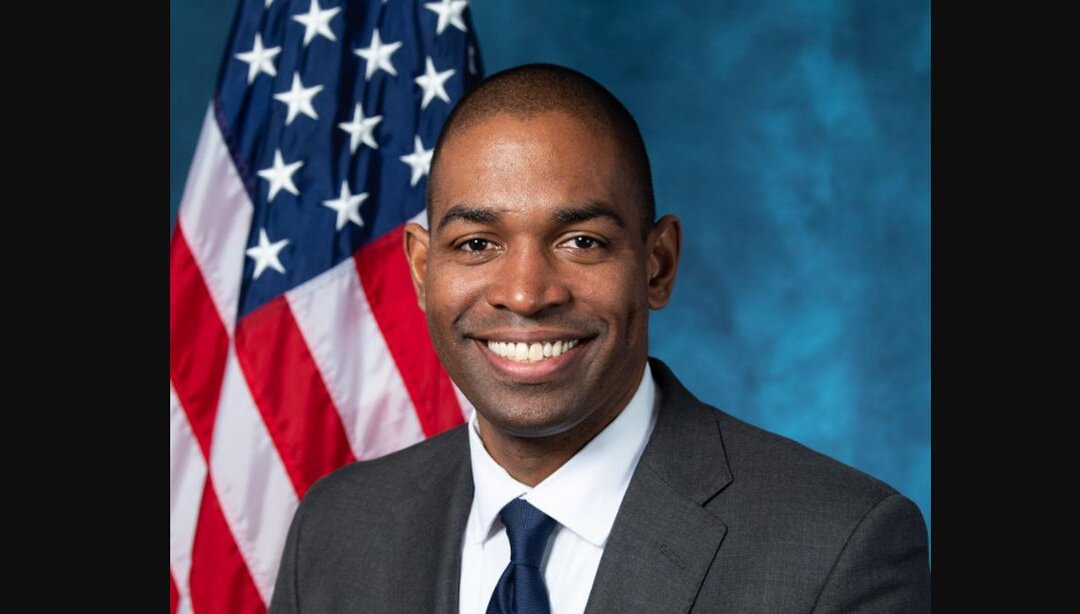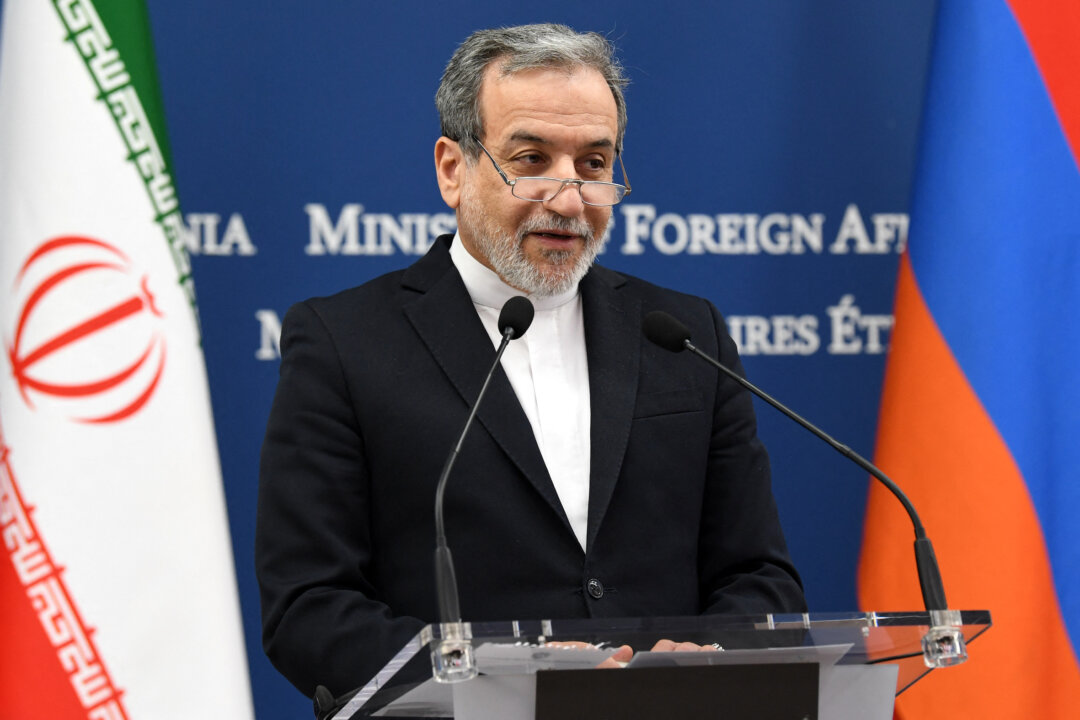

In recent decades, a subtle and sinister revolution has occurred in our scientific and educational institutions. It's not the kind of revolution that makes headlines or sets off protests in the streets.
No, it was a quiet shift: an erosion, not an eruption. One classroom, one textbook, one policy at a time, faith was quietly displaced by a dogmatic secularism masquerading as neutrality.
It’s time we return to a posture of humility — a recognition that science, at its best, is the study of God’s handiwork.
Science and faith once walked hand in hand in this great nation, but they have since parted ways — to our detriment.
Our founding fathers, many of whom were devout Christians, believed that the natural world was a testament to a supernatural Creator. In declaring the 13 colonies’ independence from England, the founders sought to build a nation that honored “the laws of nature and nature’s God.” They signed one of the most iconic and carefully thought-out documents stating that “our Creator” gave us the rights to life, liberty, and the pursuit of happiness — not our government.
Traditionally heralded as the most elite of educational institutions, Harvard and Yale were once proud of the fact that they taught Christian and biblical morals along with the sciences.
Today, representatives of prominent scientific institutions speak as if they are the sole gatekeepers of truth. But science is a process of discovery, not a guaranteed path to certainty. And truth, by its very nature, is not limited to what can be placed under a microscope or replicated in a laboratory.
For centuries, some of the most brilliant minds — Newton, Kepler, Faraday, Pasteur — understood that the wonder of creation points us back to the Creator. Yet in much of modern academia, the mention of God is not only unfashionable, it’s taboo. A “scientism” has replaced true scientific pursuit, where ideas are acceptable only if they are in vogue and aligned with an atheistic agenda of naturalism.
This calculated extraction of faith from science is not merely an academic shift; it’s a symptom of America’s spiritual crisis.
When a culture teaches its children that they are nothing more than biological accidents in a purposeless cosmos, should we really be surprised when those children grow up uncertain about their identity, worth, and purpose?
Like our scientific and university institutions, our public schools used to operate on a foundation of faith. Public school classes once opened with prayer. Scripture served as a moral compass. But everything changed in 1962 when the Supreme Court banned prayer in schools with the Engel v. Vitale decision.
Traditional government-funded education traded the pursuit of eternal truths for moral confusion, and it’s not just our culture that pays the price — so do our children.
The statistics speak for themselves. Depression, suicide, and social isolation rates among adolescents are rising at unprecedented levels. At the same time, belief in God, church attendance, and biblical literacy are plummeting. The two trajectories are connected. We are reaping the fruit of a generation taught to look to the stars without ever learning to look beyond them, to the One who placed them there.
Let me be clear: I love science. I’ve spent my life exploring the wonders of the earth, sea, and sky. But science, when divorced from faith, becomes sterile. It loses its soul.
Science can tell us how something works, but it can never tell us why. It can explain how to split atoms and sequence DNA, but it cannot explain beauty, justice, or love. It cannot answer the questions that ache in our hearts: Who am I? Why am I here? What happens when I die?
Only God can answer those fundamental questions.
That’s why it’s so important that we revitalize a faith-based perspective of science, one that acknowledges not only natural laws but the lawgiver. We — along with our scientific and educational institutions — need to affirm the laws of nature and nature’s God.
Let’s celebrate the harmony between Genesis and genetics, between Scripture and cell structure, between faith and fact. Such harmony will not plunge us back into the Dark Ages nor suppress discovery. It will deepen our scientific curiosity.
It’s time we return to a posture of humility — a recognition that science, at its best, is the study of God’s handiwork.
That harmonious vision is alive and well at the Wonders Center & Science Museum in Dickson, Tennessee. It unapologetically views science through the lens of biblical faith. Like the museum, we shouldn’t shy away from scientific exploration. Instead, we ought to embrace it as a form of worship.
We need not choose between being people of faith and people of reason. God calls us to love Him with all our heart, soul, and mind. That includes a mind that inquires, a heart that wonders, and a soul that seeks meaning.
We’ve spent too long teaching our children to marvel at creation while denying the Creator. It’s time for pastors to speak boldly about the harmony of science and Scripture and for parents to ask what kind of worldview their children are being taught in school. It’s time for believers to stop ceding the realm of science to those who say faith has no place in the lab.
Let’s let God back into the lab and watch scientific discovery catapult to new heights.
The more we learn about the universe, the clearer it becomes: We were made on purpose, for a purpose, by a Creator who calls the stars by name — and He knows yours, too.
.png)
 1 day ago
9
1 day ago
9















 English (US)
English (US)